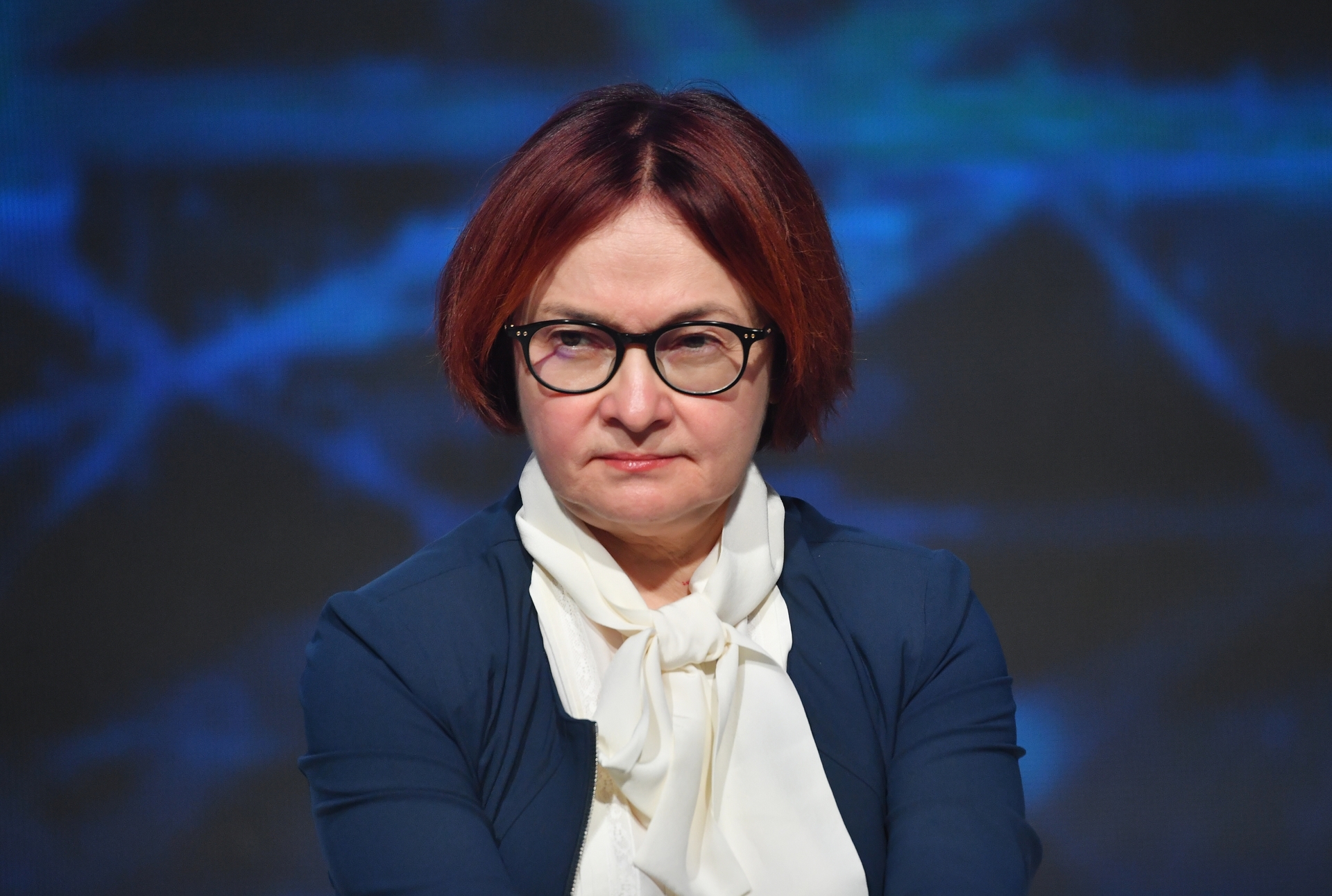In 2021, as the economy recovers from the effects of the pandemic, Russian banks began to raise interest rates.
We are talking about both interest on loans and deposits.
According to the latest data from the Central Bank, from January to October 2021 in Russia, the average rate on consumer loans for a period of more than one year in rubles increased from 10.05 to 10.76% per annum.
In turn, the average mortgage interest rate for 11 months of last year rose from 7.36 to 7.59% per annum.
At the same time, the maximum rate on ruble deposits in the ten largest Russian banks for the entire 2021 increased from 4.49 to 7.4%.
The value became the highest since May 2019.
Experts explain the observed dynamics by the actions of the Central Bank.
In 2021, the regulator began to tighten monetary policy as part of the fight against inflation.
So, from March to December, the Central Bank raised its key rate seven times and raised it from 4.25 to 8.5% per annum.
It is assumed that in this way the Bank of Russia will be able to cool consumer demand and restrain further price increases.
According to preliminary estimates of Rosstat, in 2021 inflation in Russia amounted to almost 8.4%.
The value became the maximum over the past six years and more than doubled the target level of the Central Bank (4%).
By the end of 2022, the Bank of Russia plans to reduce inflation to the level of 4-4.5%.
Against this background, the regulator may continue to increase the key rate in the near future, the head of the Central Bank Elvira Nabiullina did not rule out earlier.
“Most likely, we have not yet reached the toughness of monetary conditions that is needed to bring inflation back to the target ... Therefore, we admit the possibility of an additional rate hike at the next meetings,” Nabiullina said at a press conference in December.
RIA News
© Mikhail Voskresensky
Traditionally, banks are closely monitoring changes in the key rate of the Central Bank and, on the basis of decisions made by the regulator, independently determine the options for proposals for their financial products.
As Elvira Nabiullina noted, as the monetary policy tightens further, bank loans will continue to rise in price.
Nevertheless, interest on loans in the country will grow slower than inflation and the key rate, the head of the regulator emphasized.
“Interest rates on a loan are largely determined not by current inflation, but by what inflation banks expect in the future, in the long term.
Therefore, if there is confidence in the monetary policy, that the Central Bank is pursuing a policy aimed at limiting inflation, then mortgage rates will not grow as quickly, ”Nabiullina said on the Russia 24 TV channel.
Without sudden hesitation
At the beginning of this year, average rates on consumer loans in Russia may still rise to 11-12% per annum.
This point of view in an interview with RT was expressed by the investment strategist "BCS World of Investments" Alexander Bakhtin.
“However, a slowdown in activity is already being noted, which also reduces the demand for credit resources.
The trend may intensify, and banks may start issuing special offers to attract customers, ”Bakhtin said.
At the same time, as Anton Grinstein, an expert at the Hamilton information and analytical center, told RT, in the second half of the year, banks are expecting inflation to slow down and the Central Bank's monetary policy to ease.
Against this background, by the end of 2022, interest on loans may return to the range of 10-11% per annum, the specialist believes.
globallookpress.com
© ALEXEY BYCHKOV
According to the forecast of the rating agency National Credit Ratings, mortgage rates in 2022 may rise to 9-10% per annum.
At the same time, according to the experts interviewed by RT, the availability of housing loans in Russia will continue to remain high due to the existing preferential programs.
So, today, families with one or more children born after January 1, 2018 have the opportunity to take out a mortgage at 6% per annum.
In this case, the maximum loan amount depends on the region: for Moscow, St. Petersburg, Moscow and Leningrad regions, it is 12 million rubles, and for other subjects of the country - 6 million rubles.
In addition, by July 1, 2022, all Russians can apply for a loan for the purchase of housing in a new building worth not more than 3 million rubles at a rate of up to 7% per annum.
As part of the initiatives, the reduced interest will be valid for the entire term of the loan.
At the same time, the government compensates the difference between the market and preferential rates to banks.
“Subsidized programs will continue to remain an affordable way for Russians to solve the housing problem.
I do not exclude that the authorities will extend the preferential mortgage at 7% per annum until the end of 2022, but, perhaps, in a slightly different form, "said Pyotr Pushkaryov, chief analyst of TeleTrade Group of Companies, to RT.
Profitable time
According to Alexander Bakhtin, deposit rates in Russia will also grow in the next few months.
The expert does not exclude that the average interest on deposits can reach 8.5% per annum.
“At the same time, a number of banks can give offers on deposits with rates up to 9.5-10% per annum, but these levels are unlikely to be stable.
If the key rate of the Central Bank begins to decline in the second half of 2022, there will be no reasons for the continued growth of deposit rates, "the analyst emphasized.
Anton Grinstein adheres to a similar point of view.
According to the expert's forecast, by the end of this year, deposit rates may stabilize at the level of 7.5-7.7% per annum.

